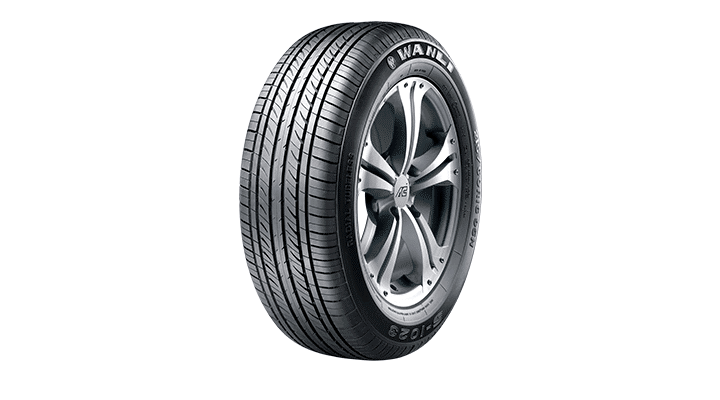Motor oil products are still indispensable in spite of all the technological advances in the auto industry. Consumers can choose from three basic varieties: conventional, synthetic blend, and synthetic.
What’s the Difference?
Conventional lubricants come from base oils that are refined and enhanced with chemical additives to reach the needed level of thickness and fluidity (viscosity), breakdown resistance, and heat tolerance. It is not recommended for drivers with high mileage, new cars, or those not driving at relaxed speeds.
Synthetic blend is a combination of conventional base and synthetic oils. Compared to the first one, it has better resistance to oxidation and is better suited for vans, cans, SUVs, and trucks that normally run at high RPMs and carry heavy loads.
Synthetic oil, on the other hand, is created with accurately controlled ingredients. This is a result of years and years of studies and experimentations of chemists, scientists, and engineers. It is mixed with supercharged additives, such as dispersants, antioxidants, detergents, anti-wear additives, and friction modifiers. The result is a top-level lubricant that protects the engine, has great cleansing qualities, improved durability, and enhanced resistance against the buildup of heat in the engine.
Benefits of Upgrading to Synthetic Motor Oil
Protection from freeze. Compared to the others, this variety is better suited to use under extreme temperatures. Regular oil freezes right away when the temperature drops so low. Just imagine going for a run in the freezing morning cold, undoubtedly your body will come to a halt in a matter of minutes. By using this product, your car will need no defrosting, and is perfect for driving during cold weather.
Protection from heat. This lubricant is a mixture of synthetic fluids (alkylated aromatics, synthetic esters, polyalphaolefin) with molecules of consistent shapes and sizes. This characteristic allows the molecules to move freely, without creating a lot of frictions and collisions. This therefore results in less roughness produced in the engine.
With low levels of friction, the heat is reduced and the lube’s viscosity remains constant even if it is awfully hot. In this situation, conventional oil would normally become thick and cause engine drag. The properties of synthetic oils make vehicles run smoother and cooler, and much more efficient. Aside from fuel maintenance and improved efficiency, it boosts the horsepower of your car.
Other advantages. The other benefits include less evaporative loss, better shear and chemical stability, resistance oil sludge, thermal breakdown and oxidation problems, less frequent change of oil requirement, better fuel economy, and protection from deposits and ash that cause clogging.
When you own a car, especially if it’s already getting old, you’re aware of how much money it costs to maintain it properly. Even though on average, this lubricant is twice as costly as conventional fluid, in the long run, using it will enable you to save more money because of all the benefits it can give to your vehicle.




